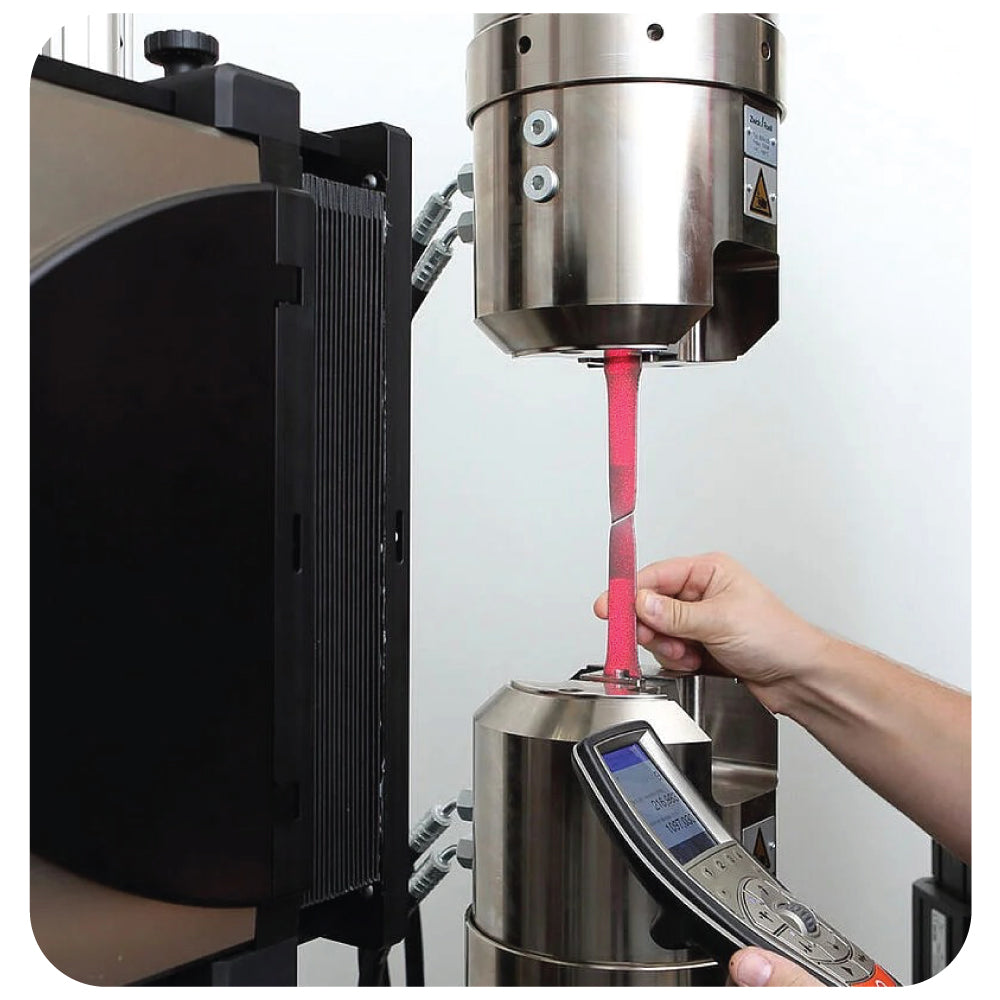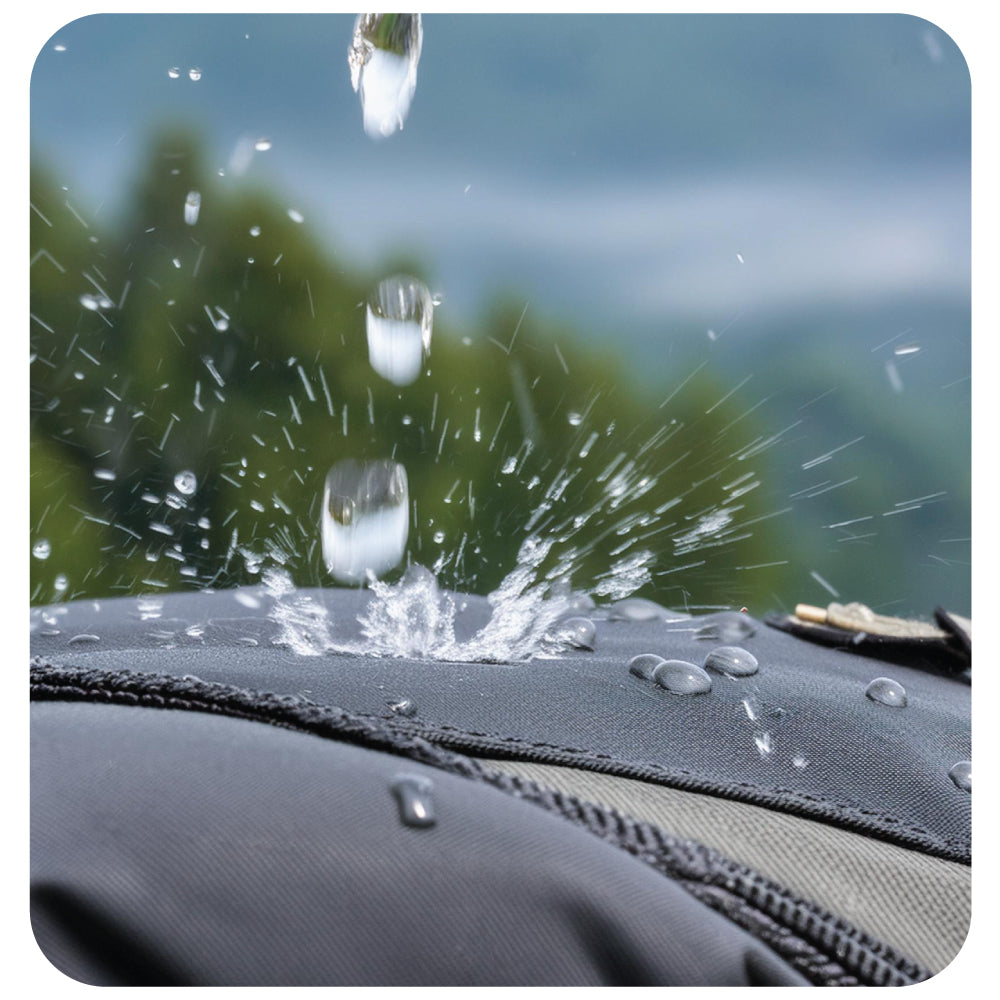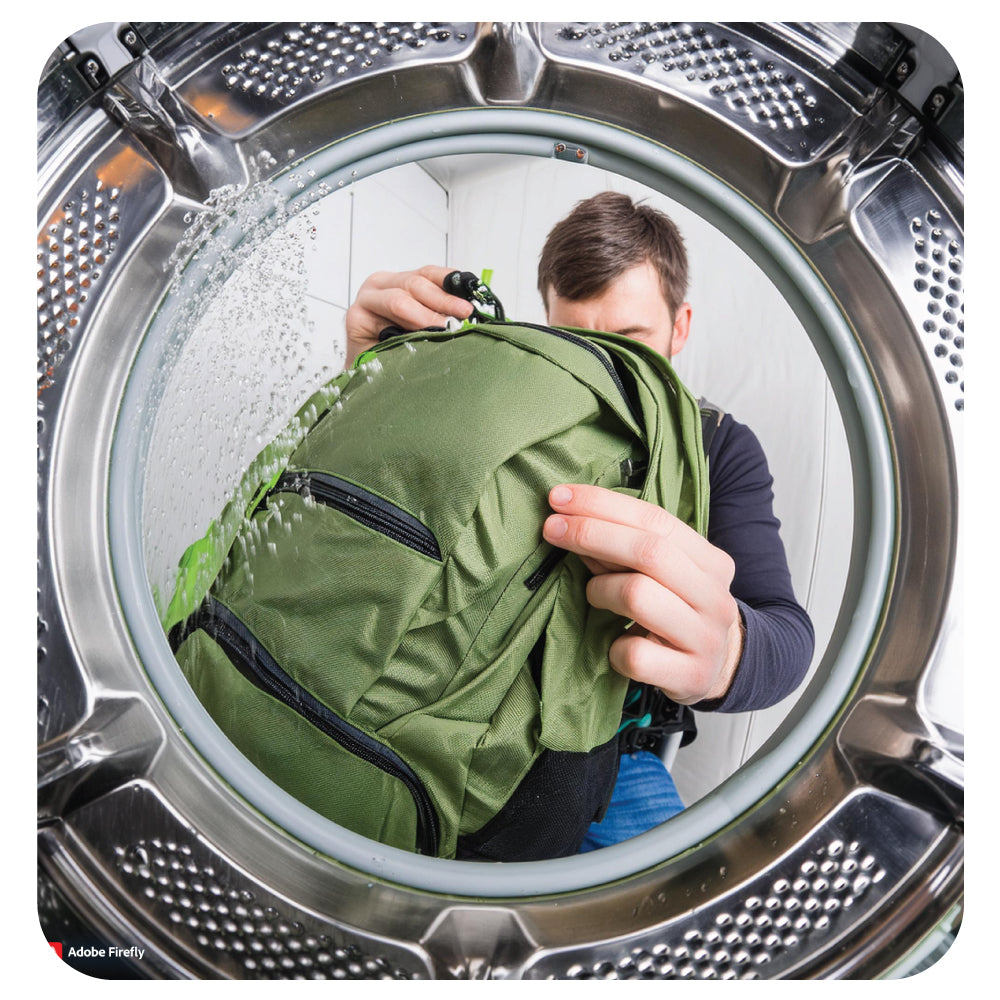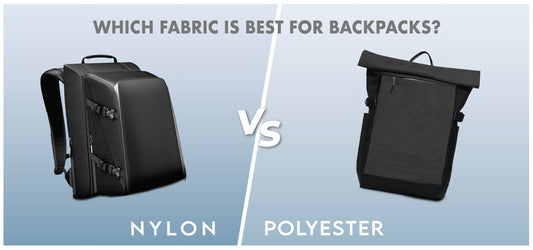Nylon vs. Polyester: Which Fabric is Best for Backpacks?
APRIL 24, 2024
Nylon and polyester are two common fabrics used in the production of backpacks. Choosing the right material can significantly impact the durability, comfort, and overall performance of your gear. In this article, we will explore the properties of nylon and polyester fabrics, compare them in the context of backpacks, and provide tips on selecting the ideal fabric for your specific needs.
Properties of Nylon Fabric

Durability and Strength
Nylon is known for its exceptional durability and strength, making it ideal for rugged outdoor adventures.
The fabric can withstand heavy loads and resist tears and abrasions, ensuring your backpack lasts for years to come.

Water Resistance
Nylon has inherent water-resistant properties, keeping your belongings dry in light rain or unexpected splashes.
For added protection, some backpacks come with a waterproof coating or rain cover made of nylon.

Breathability and Comfort
Nylon fabric is breathable and lightweight, offering comfort during extended wear.
The material wicks away moisture, preventing sweat buildup and providing a comfortable carrying experience.
Properties of Polyester Fabric

Lightweight and Abrasion Resistance
Polyester is lightweight and offers excellent abrasion resistance, suitable for daily commutes or casual use.
The fabric maintains its shape and color over time, ensuring a long-lasting backpack with minimal signs of wear.

UV Resistance
Polyester fabric is UV resistant, protecting your gear from sun damage and fading.
This property makes polyester backpacks ideal for outdoor activities under direct sunlight.

Easy Care and Maintenance
Polyester is easy to clean and care for, requiring simple machine washing and air drying.
The fabric dries quickly, making it convenient for travelers or individuals with active lifestyles.
Comparing Nylon and Polyester Fabrics in Backpacks
Weight and Packability
- Nylon backpacks are generally lighter than polyester options, ideal for minimizing overall pack weight.
- Polyester backpacks may offer more structure and padding, but they can be bulkier and heavier.
Cost Effectiveness
- Nylon backpacks tend to be more expensive due to their superior durability and performance.
- Polyester backpacks are more budget-friendly, making them a practical choice for casual users or occasional hikers.
Environmental Impact
- Nylon production has a higher carbon footprint compared to polyester, contributing to environmental concerns.
- Polyester can be recycled and repurposed, offering a more sustainable option for eco-conscious consumers.
Choosing the Right Fabric for Your Backpack
Consideration of End Use
Determine your intended use for the backpack, whether it's for hiking, travel, school, or everyday use.
Select a fabric based on the specific requirements of your activities and the conditions you will encounter.
Personal Preferences in Fabric Features
Consider your preferences for features such as water resistance, breathability, weight, and durability.
Choose a fabric that aligns with your needs and complements your style and functional requirements.
Tips for Extending the Lifespan of Your Backpack
- Follow care instructions provided by the manufacturer to maintain the condition of your nylon or polyester backpack.
- Avoid overloading the backpack, clean it regularly, and store it in a cool, dry place to prevent damage and prolong its lifespan.
Conclusion
In conclusion, both nylon and polyester fabrics have distinct properties that cater to different preferences and needs. When selecting a backpack material, consider the intended use, personal preferences, and environmental impact to make an informed decision. For durable outdoor adventures, nylon fabric may be the ideal choice, while polyester offers a cost-effective and sustainable option for everyday use.
FAQs
Which fabric is more durable for backpacks, nylon or polyester?
Both nylon and polyester fabrics offer durability, but nylon is generally considered more robust and tear-resistant.
Are there any specific care instructions for nylon or polyester backpacks?
Follow the care instructions provided by the manufacturer for the best maintenance of your nylon or polyester backpack. Typically, machine washing and air drying are suitable for polyester, while nylon may require specialized cleaning products.
Can nylon or polyester fabric be recycled or repurposed?
Polyester fabric can be recycled and repurposed into new textiles, reducing waste and promoting sustainability. Nylon can also be recycled but may require more intricate processes due to its composition.
Remember to choose your backpack material wisely, considering durability, comfort, and environmental impact to make the most of your gear. Happy adventures!





